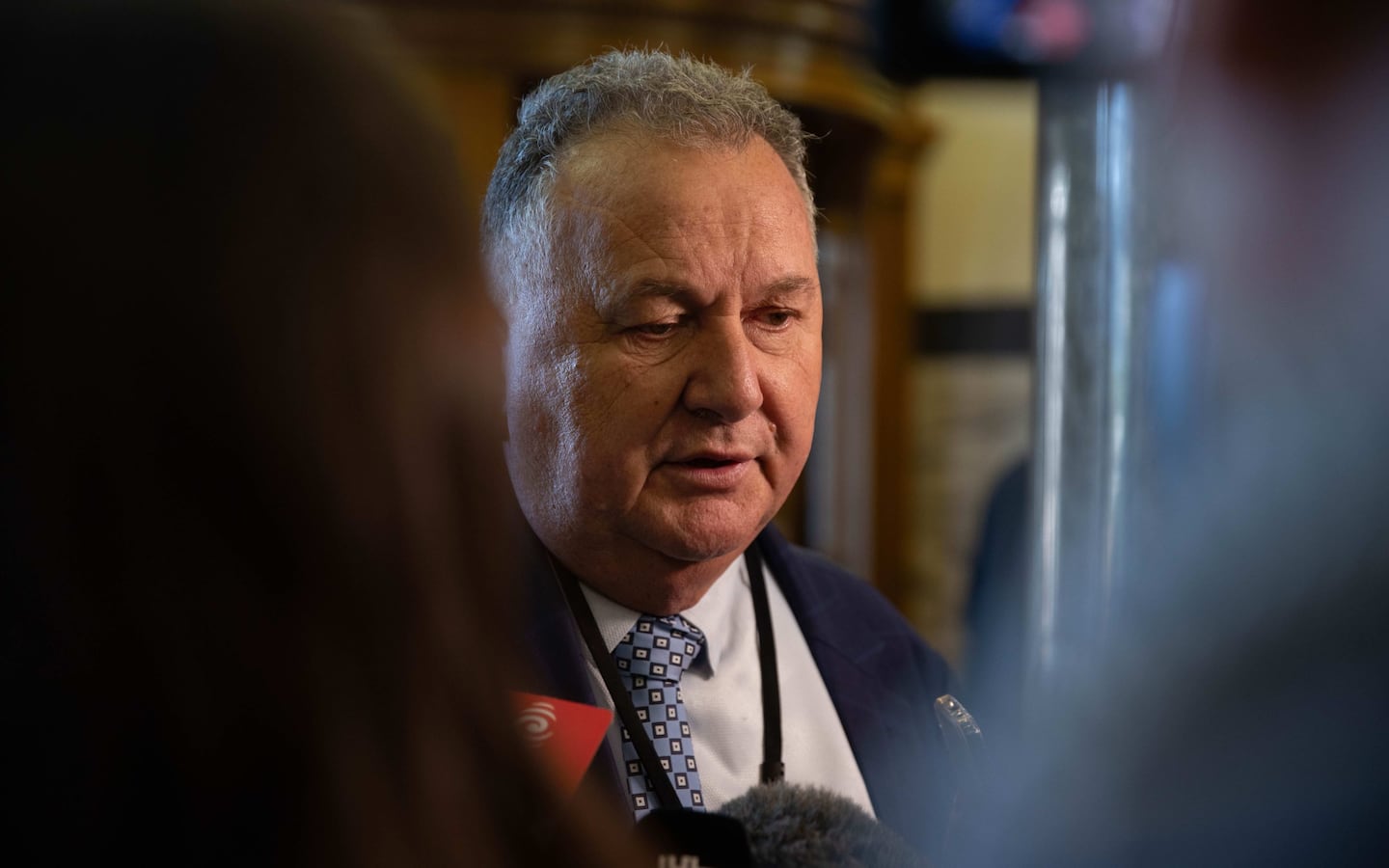The future of coal mining, the cost of electricity, the fate of fast-track proposals and the government’s commitment to flood protection were all burning questions for Regional Development Minister Shane Jones in Greymouth yesterday.
The self-styled champion of the provinces fronted up to West Coast council and business leaders with an update on the government’s infrastructure and economic goals at a regional growth summit – one of several being held around the country.
In one of several headline statements, Jones confirmed the West Coast could in future expect to see revenue returning to the region from the mineral royalties paid to the Crown.
”The government has agreed to this, that mining royalties will be redirected to the regions – we just have to work out the proportion. You’d certainly want 50 per cent at least, but if I had my way I would shovel a lot more down here.”
The revenue was not huge at present because royalties on Crown-owned minerals were fairly modest but, as the industry picked up, the government would need to look at increasing them, the minister said.
Mining generated 8.4 percent of the West Coast’s GDP last year, making it the third-highest sector on the Coast behind dairy farming (10 per cent) and electricity and gas supply (12.6 per cent).
The Stockton mine produces about 80 per cent of New Zealand’s $300 million coal exports, used in international steelmaking.
The minister also noted that the government’s $1.2 billion infrastructure fund was open for bids from the regions.
”We’re here to talk about your priorities and aspirations for the West Coast.
”We are looking to you to identify what’s most important for your region…and tell us in what ways the projects you are putting forward are increasing the resilience in your area of New Zealand?”
Projects already submitted for approval that have passed that first hurdle include extensions to the regional airport in Hokitika and flood protection in Franz Josef.
Flooding on the coast in the last couple of years cost the government the thick end of $100 million, and the insurance industry about the same, the mInister said.
Business and civic leaders at the summit were looking for reassurance over the government’s support for coal mining, Jones told LDR.
”They noted the UK has just closed its last coal-fired power station and asked if this government was going to cut and run from coal, in the same way oil and gas exploration was banned.“
The answer was no, Mr Jones said.
”I was clear these are legitimate industries. We have to pay your way in terms of the Emissions Trading Scheme but this government has no ambitions to summarily close coal down on the fanciful notion that we’re somehow going to single-handedly save the planet, from here in Hokitika.”
The UK was able to buy much of its energy from the EU, Jones said, but New Zealand was not in that happy position.
And it no longer had the luxury any longer of turning down proposals for hydro or wind farms or the use of coal because of a clash with recreational or landscape values, he told LDR.
”The entire energy landscape is changing. We are beggared because we can’t at this stage secure long-term affordable energy, so we have to make trade-off decisions.”
Mr Jones said the energy sector, sadly, was dominated by four large companies – Meridian , Mercury, Contact and Genesis, and none of them had energy security, or affordable energy for New Zealand, as key priorities.
”They exist to serve commercial imperatives, that is enhancing and heightening net profit after tax, and that is inversely related to what exporters and industry need.“
The perverse result was that the big end of energy gentailers was growing richer, while New Zealand’s exporters grew more vulnerable and industry was being driven out of existence, the minister said. He was not ruling out the possibility of intervention by the government shareholder.
”Historically, Treasury has insisted that these partially-owned gentailers operate as sovereign units without Crown interference but it’s under review - the Electricity Authority has been about as effective as an ashtray on a motorbike.
”When we go into our NZ First conference, I’ll be able to say more about it than I can as a minister.”
He could not comment directly on the likelihood that Westpower’s Waitaha hydro power project might at last be approved under the fast-track legislation.
”We’re particularly alive to the challenges of electricity costs on the coast and it’s sad that (Waitaha) did not go ahead the first time around. But Minister Chris Bishop will soon be revealing the projects that made the cut.”



